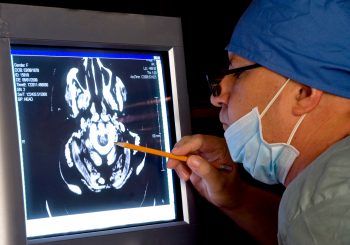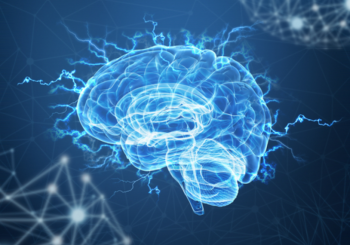
Aromatherapy, the use of essential oils to promote physical and psychological well-being, has gained popularity for its holistic approach to health. While it's well-known for reducing stress and anxiety, its benefits extend far beyond that, especially for seniors. As the aging population continues to grow, finding non-invasive and natural ways to enhance the quality of life for seniors becomes increasingly important. In this article, we will explore the numerous benefits of aromatherapy for seni...
Read More
Read More









